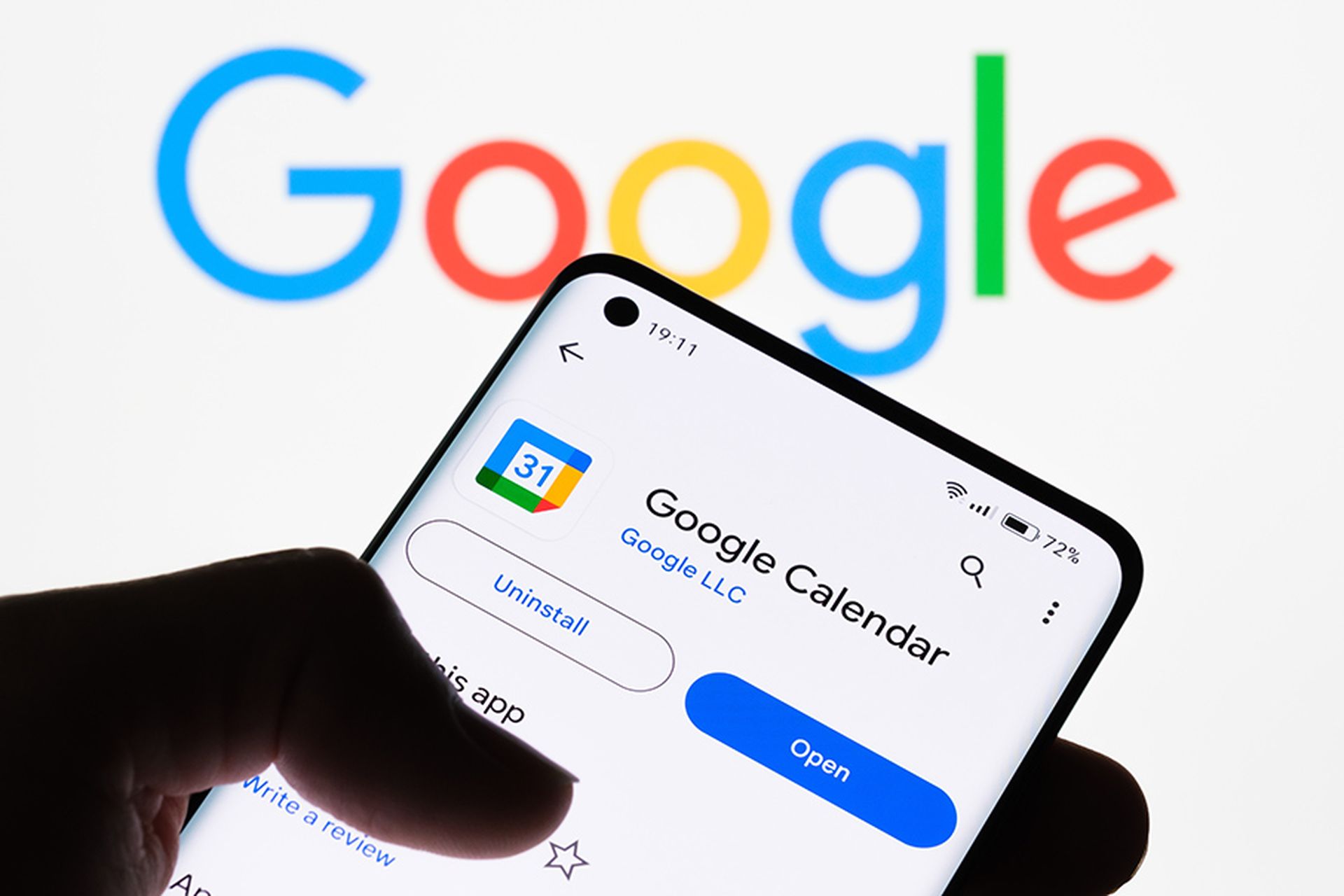The House Judiciary Committee today passed the Email Privacy Act (H.R.699) by a 28-0 vote, a measure that would require a warrant be obtained by law enforcement for accessing anyone's electronic correspondence.
The bill not only received bipartisan support, but cybersecurity industry execs have also spoken out in favor of the proposal.
“Today's vote in the House Judiciary Committee approving the Email Privacy Act moves us that much closer to updating the woefully outdated thirty-year old Electronic Communications Privacy Act (ECPA). We thank Chairman Bob Goodlatte and ranking member John Conyers for working together in a bipartisan fashion to ensure that Americans' email has the same privacy protections under the law as their regular mail,” said Information Technology Industry Council (ITIC) President and CEO Dean Garfield in a written statement.
Nicole Mortier, Yahoo's director for federal government affairs, said the bill is instrumental in bringing the ECPA, originally passed in 1986, into the modern age.
“The passage today of the Email Privacy Act (H.R. 699) by the House Judiciary Committee is a leap forward in bringing ECPA up to date with users' expectations of digital privacy while also recognizing the needs of law enforcement. This would put an end to an arbitrary and antiquated rule that allows law enforcement to access stored content that is 180 days old or older with just a subpoena,” Mortier wrote.
The bill was introduced in the House in February 2015 by Rep. Kevin Yoder (R-Kan.) and Rep. Jared Polis (D-Colo.) and has garnered a total of 315 co-sponsors from both parties. The key aspect of the bill raises the legal bar to access an individual's electronic correspondence.
“Requires the government to obtain a warrant from a court before requiring providers to disclose the content of such communications regardless of how long the communication has been held in electronic storage by an electronic communication service or whether the information is sought from an electronic communication service or a remote computing service,” the bill stated.
“Every single American will enjoy greater privacy protection in their personal communications with the passage of the Email Privacy Act. It's a huge step forward to bring the same protections we enjoy in our homes to our digital lives. With such overwhelming support, the House should move quickly to vote for and pass this essential bill,” said Chris Calabrese, vice president of policy for the Center for Democracy and Technology (CDT).
The bill now moves before the House. A date has not been set, but the ITIC has called on House Speaker Paul Ryan (R-Wis.) to quickly move on the bill.
“With 315 Members of Congress supporting this measure, it is rare to find an issue that has garnered this much broad bipartisan support. Speaker Ryan could be the most popular man in Congress by bringing this measure to the House floor quickly so lawmakers can have an opportunity to vote on these necessary reforms,” Garfield said.



